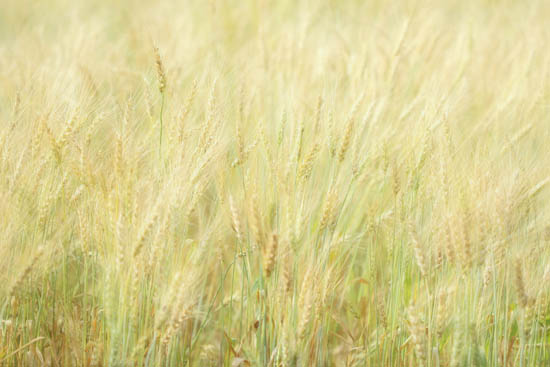UKAg crops specialist recommends nitrogen for fall wheat planting
UKAg crops specialist recommends nitrogen for fall wheat planting


Normally when wheat producers plant their crop in the fall, they don’t need much nitrogen, but that’s not the case this year, said Chad Lee, grain crops specialist with the University of Kentucky College of Agriculture, Food and Environment. The majority of Kentucky’s wheat crop goes in behind corn, and the vast majority of corn in Kentucky this year was short on nitrogen.
“There is just not any nitrogen left over in most of these fields to help out our wheat,” Lee said.
He attributed the problem to all the rain Kentucky had this past summer and the high corn yields producers are experiencing this harvest season.
Wheat needs a small amount of nitrogen to produce a few tillers before freezes set in. However, excessive nitrogen can cause too much growth, which can make the wheat more prone to being killed by freezing temperatures. If farmers want to make a fall application of nitrogen, Lee recommended keeping it below 40 pounds of nitrogen per acre.
“They could do a soil nitrate test and use that to gauge if they need fertilizer nitrogen this fall,” he said.
This is a very different year than 2012, when a severe drought gripped the Bluegrass State and there was plenty of nitrogen, but corn yields tanked. With extra nitrogen left the soil, nitrogen intended for the corn lasted well into the next spring for that wheat crop.
As of the second week in October, 35 percent of the state’s winter wheat crop had been planted, with 11 percent already emerged.